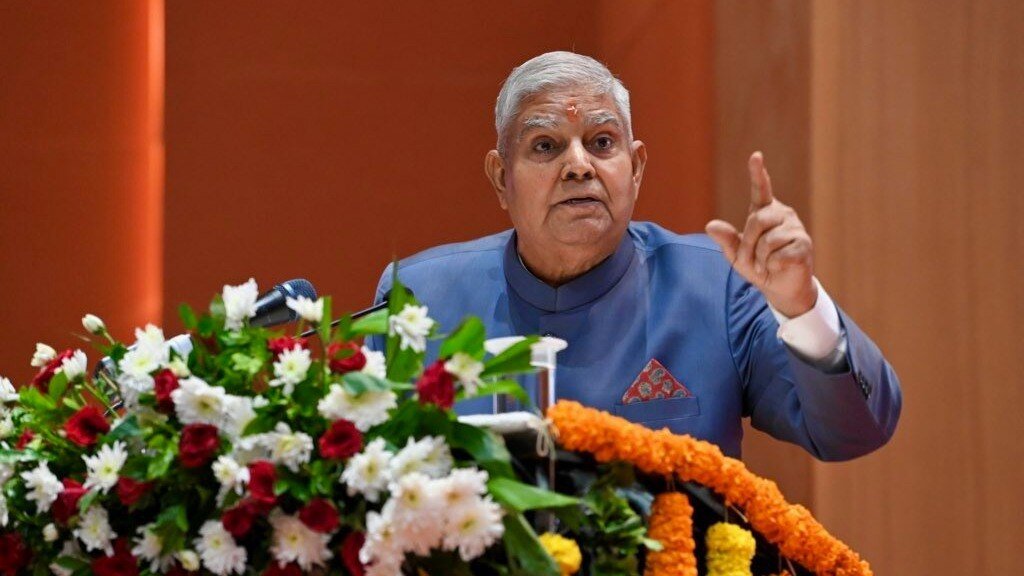Vice President Jagdeep Dhankhar, a figure known for his strong stances and current position, has reportedly applied for a pension stemming from his past tenure as a Congress MLA in Rajasthan. This unexpected move has sparked considerable debate, forcing many to re-evaluate their perception of the VP’s financial picture and motivations. While entirely legal, the optics of a high-ranking official claiming a relatively modest MLA pension while holding a constitutional post are certainly generating headlines and fueling public discourse.
The crux of the matter lies not in the legality of the claim, but rather in the perceived appropriateness. Public servants, particularly those at the highest echelons of government, are often held to a higher standard of scrutiny. Questions are inevitably raised about whether the VP needs the pension and if pursuing it undermines the image of selfless service often associated with such positions. The amount, reportedly a modest sum, further amplifies the perception that this is more about principle than financial necessity.
It’s important to consider the historical context. Dhankhar’s political journey has been anything but linear. From his early days in the Congress to his later affiliation with other parties, he’s navigated the complex landscape of Indian politics. This pension request could be interpreted as a simple claiming of what’s rightfully due, a vestige of his past political life. However, in an era of heightened political awareness and sensitivity, every action of a public figure is subject to intense scrutiny.
The political ramifications are equally intriguing. Opposition parties are likely to seize upon this news to paint a picture of opportunism, questioning the VP’s commitment to fiscal responsibility. Supporters, on the other hand, may defend his right to claim the pension, arguing that it’s a matter of entitlement and not a reflection of his character. Regardless, the narrative surrounding Dhankhar has undoubtedly shifted, at least temporarily, from one of a constitutional guardian to that of a pension claimant.
Ultimately, this episode serves as a reminder of the constant need for transparency and accountability in public life. While Dhankhar’s actions may be legally sound, the court of public opinion is a far more unforgiving arena. The long-term impact of this decision remains to be seen, but it undeniably adds a layer of complexity to the already multifaceted image of the Vice President, forcing a reevaluation of his motivations and priorities. What truly drives a public figure to claim an entitlement, however small, when already holding such a prominent and well-compensated office?
